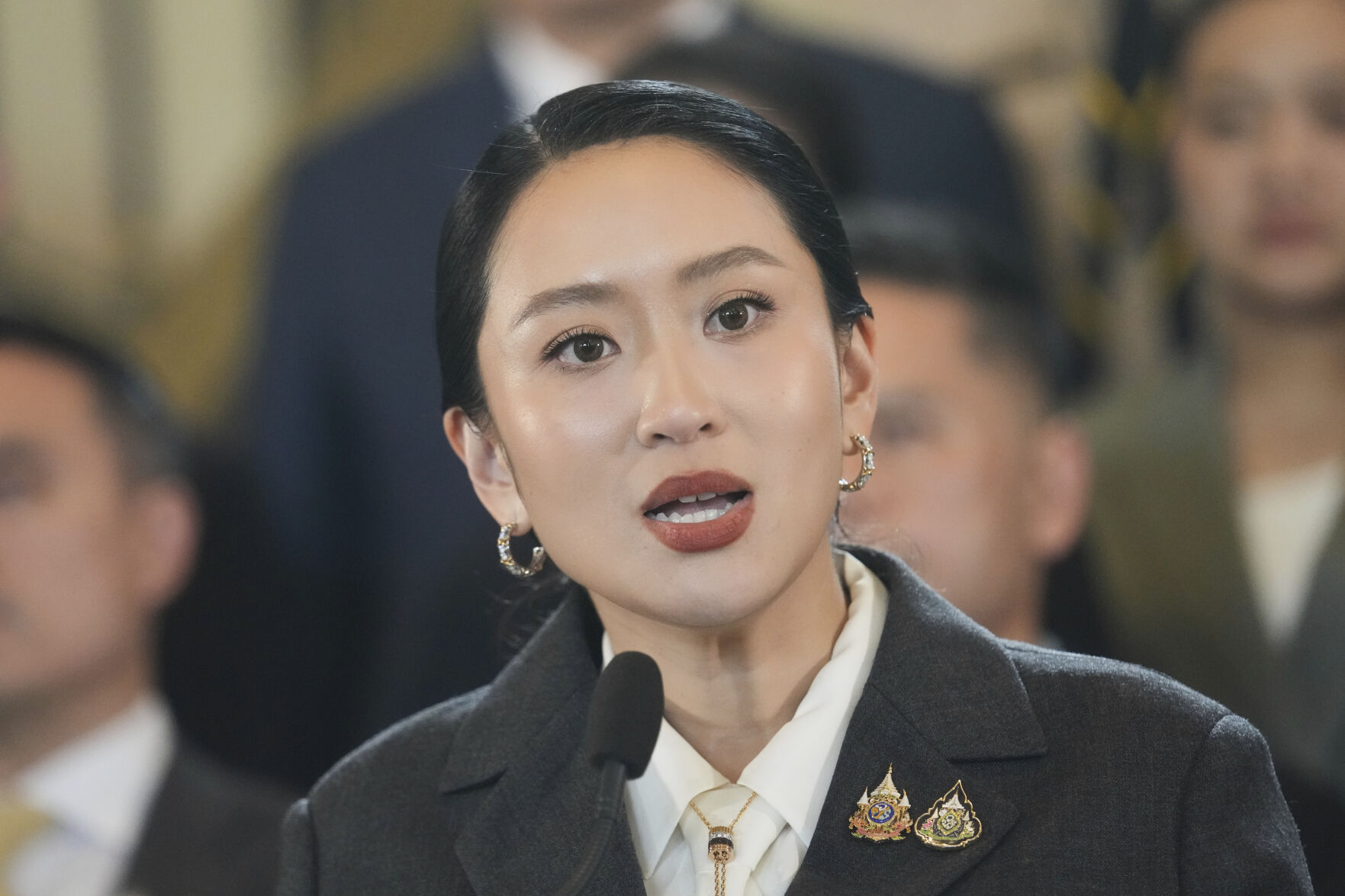In a swift decision, Thailand’s Constitutional Court has removed Prime Minister Paetongtarn Shinawatra from office for violating ethical standards linked to a leaked phone call with Cambodia’s former leader Hun Sen. This ruling intensifies the country’s political crisis and raises serious questions about Thailand’s immediate future.
What to know after the top court in Thailand booted the prime minister

Key Takeaways:
- Prime Minister Paetongtarn Shinawatra was removed from office.
- The Constitutional Court cited ethical violations.
- A leaked phone call with Cambodia’s former leader, Hun Sen, was central to the ruling.
- The move deepens Thailand’s ongoing political crisis.
- The ruling highlights the judiciary’s pivotal role in shaping national leadership.
Introduction
Thailand’s political arena has undergone a seismic shift after the Constitutional Court removed Prime Minister Paetongtarn Shinawatra from office. The decision came amid deepening concerns about governance and accountability, further complicating an already tense political environment.
The Court’s Ruling
On Friday, the Constitutional Court announced that Shinawatra had violated ethical standards. At the heart of this verdict was a leaked phone call with Cambodia’s former leader, Hun Sen. According to the court, the nature of the conversation crossed ethical boundaries, making Prime Minister Shinawatra unfit to remain in office.
The Leaked Phone Call
The specifics of the call have not been fully disclosed, but its existence caused immediate controversy. Observers note that any discussion involving a sitting prime minister and a foreign leader can raise questions of sovereignty, diplomacy, and ethics. While details are limited, it was enough to prompt the court’s swift intervention.
Deepening Political Crisis
This decision has undeniably heightened Thailand’s ongoing political turmoil. The removal of a leader—in particular, someone with the Shinawatra name, a high-profile figure—will likely pave the way for further power struggles. The sense of urgency and unease within Thai politics is palpable, placing additional pressure on the country’s institutions to navigate the path ahead.
Immediate Fallout and Possible Next Steps
The court’s action took effect swiftly, leaving observers and policymakers grappling with the question of succession. Who will step in to govern remains unclear, but the decision underscores the high stakes in Thailand’s political system. In the coming days, further announcements from both the court and parliamentary figures are anticipated, potentially setting the stage for a new chapter in Thailand’s leadership.
Conclusion
As Thailand contends with the repercussions of the Constitutional Court’s action, questions remain about the future of governance and political unity. With tensions running high, the removal of Prime Minister Paetongtarn Shinawatra stands as a stark reminder of how swiftly a nation’s leadership can change course—and how deeply a single event can impact the political landscape.











